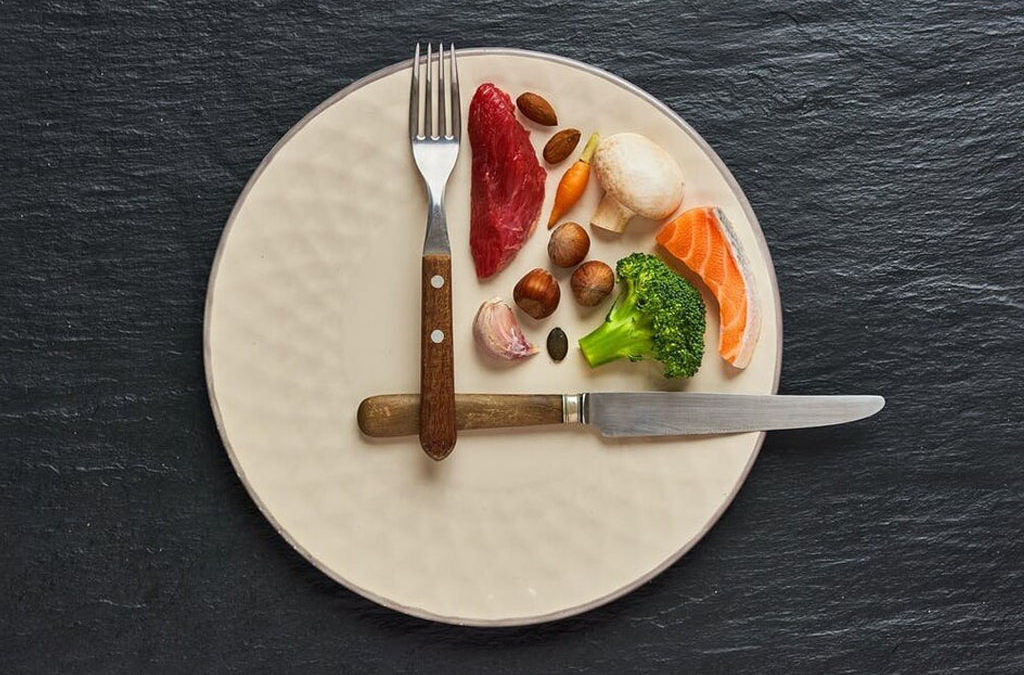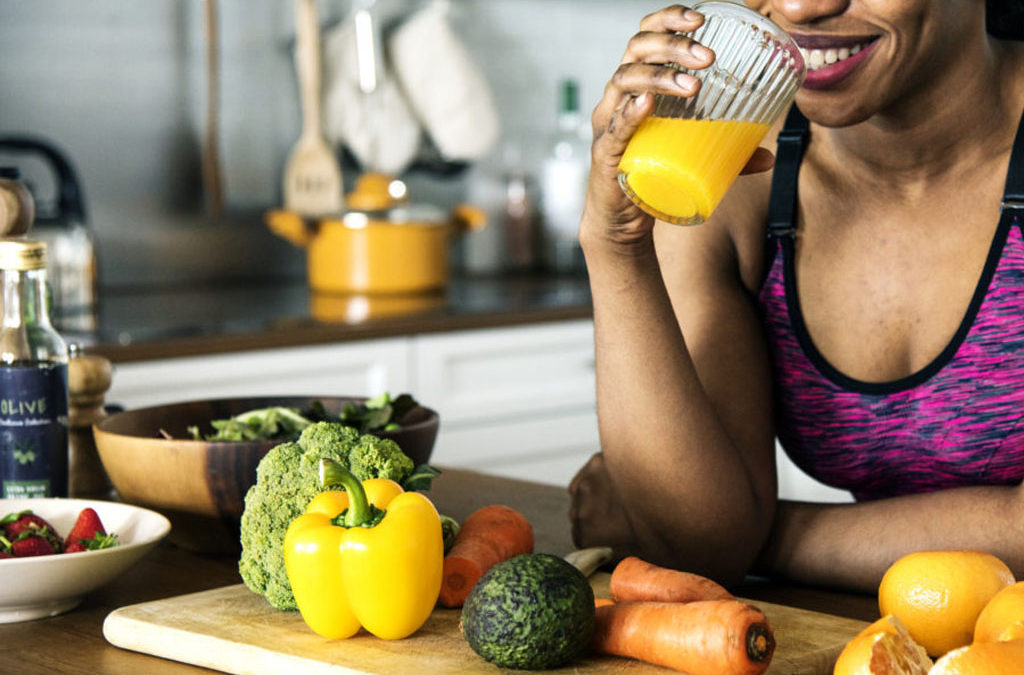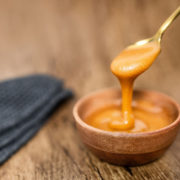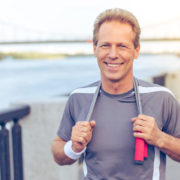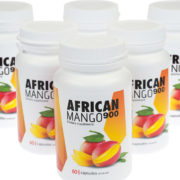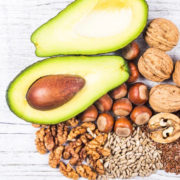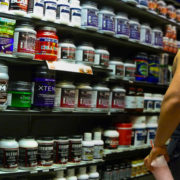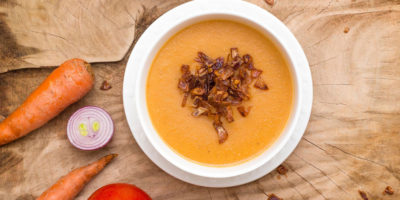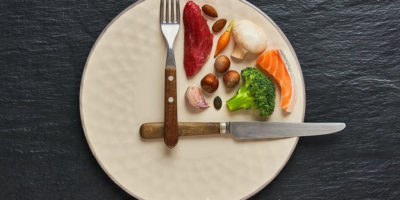
To maintain weight loss, Brave Heart Sportswear suggests you increase your metabolic rate and reduce your energy consumption. Here are some nutritional tips that we have put together to help you achieve this. Note: These tips will focus on your nutrition.
Brave Heart Sportswear recommends you do the following:
TIP 1:
You need to increase your protein intake. Protein makes you feel the fullest out of all the nutrients. There are signs that breaking down dietary protein uses more energy than breaking down other dietary nutrients such as fat.
TIP 2:
High fibre foods are essential. They make you feel full and your body can’t use all the energy provided by high fibre foods.
TIP 3:
Consume lots of low glycemic index (GI) foods. These also make you feel full. They also mean you have lower insulin in your blood, which is better for fat loss. Go crazy with legumes and eat low GI bread. Note that high fibre doesn’t equal low GI, and low GI doesn’t equal high fibre! It’s great if you can eat lots of foods that are both low GI and high fibre.
Brave Heart Sportswear hopes you take note of these tips.
TIP 4:
Fruit and vegetables are essential for weight loss. You must cut down on potatoes and maybe avocado.
TIP 5:
Don’t allow yourself to go hungry – when you ‘re feeling hungry, eat something! Just make sure you eat something ‘good’; if you don’t have time to prepare a meal then eat a small handful of nuts. You don’t need to go hungry when you lose weight, you just need to be smart about the types of foods you eat.
TIP 6:
Always eat Breakfast.
TIP 7:
Chew your food and eat slowly. Stop eating as soon as you’re starting to feel full.
TIP 8:
Watch what you drink. Nutrition MEANS food AND drink! Drink lots of water, herbal teas, and black tea/coffee. Cut out the soft drinks, fruit juices, milk/sugary coffees , and alcohol.
TIP 9:
Let yourself have a ‘treat’ – but only occasionally! You’re never going to have sustainable and realistic weight loss if you are all-or-nothing.
TIP 10:
There is a lot of information out there on Nutrition. If you’re looking to find accurate information on nutrition, try to go to reliable sources (e.g. university or government sites). A registered nutritionist or dietician can really help with reliable nutrition guidance/monitoring. Just make sure the nutritionist is registered.

